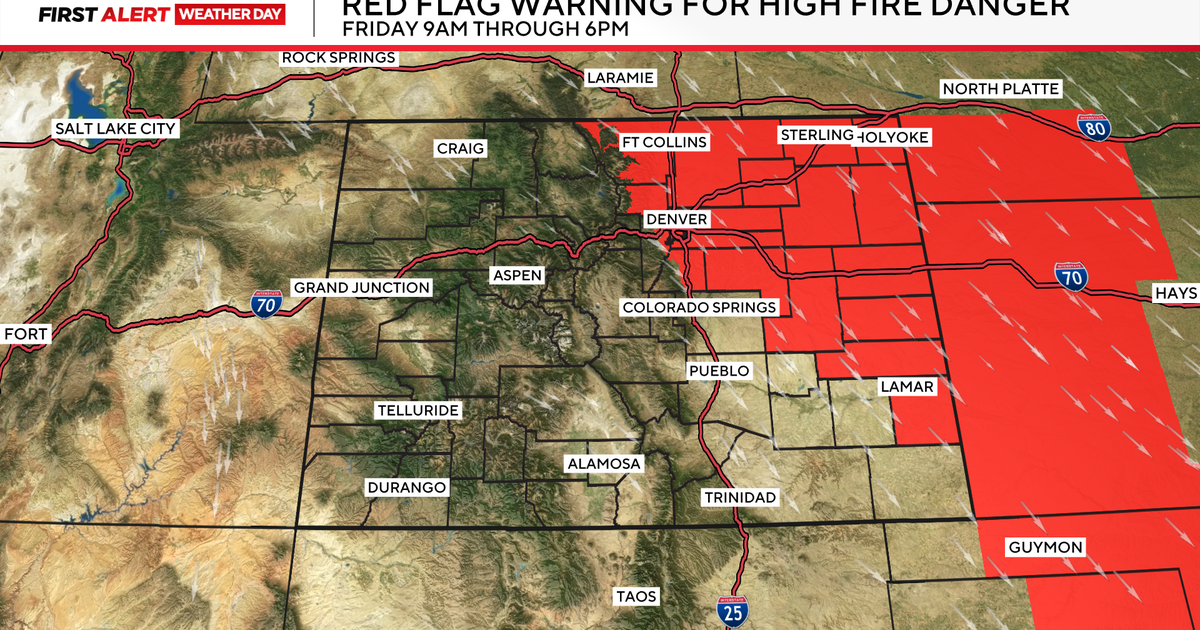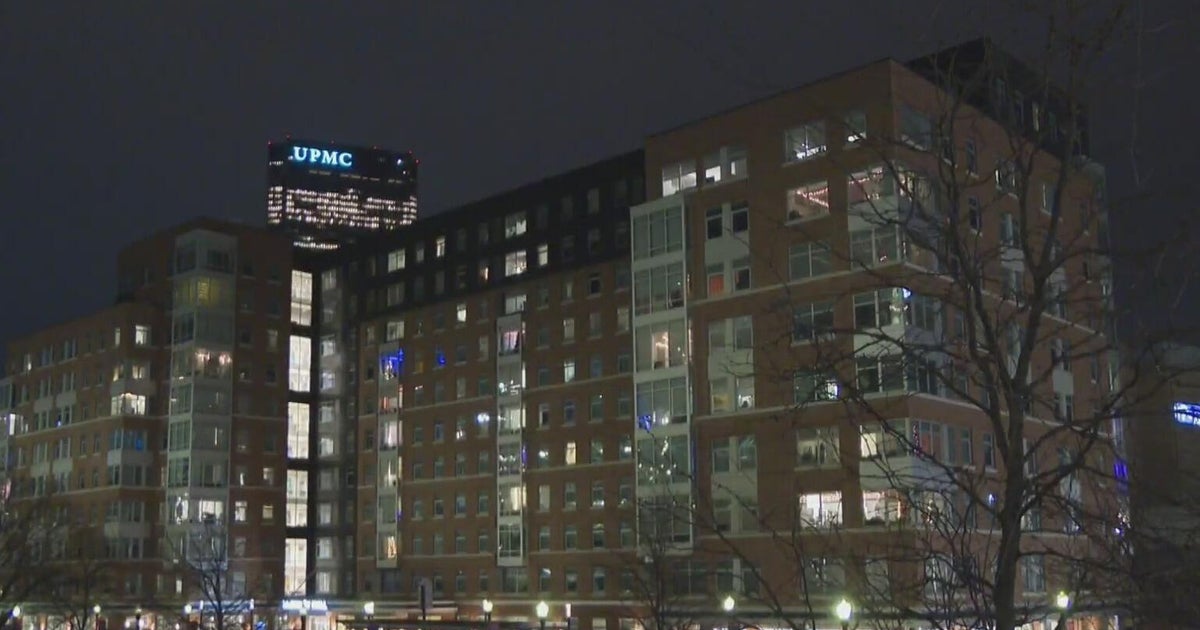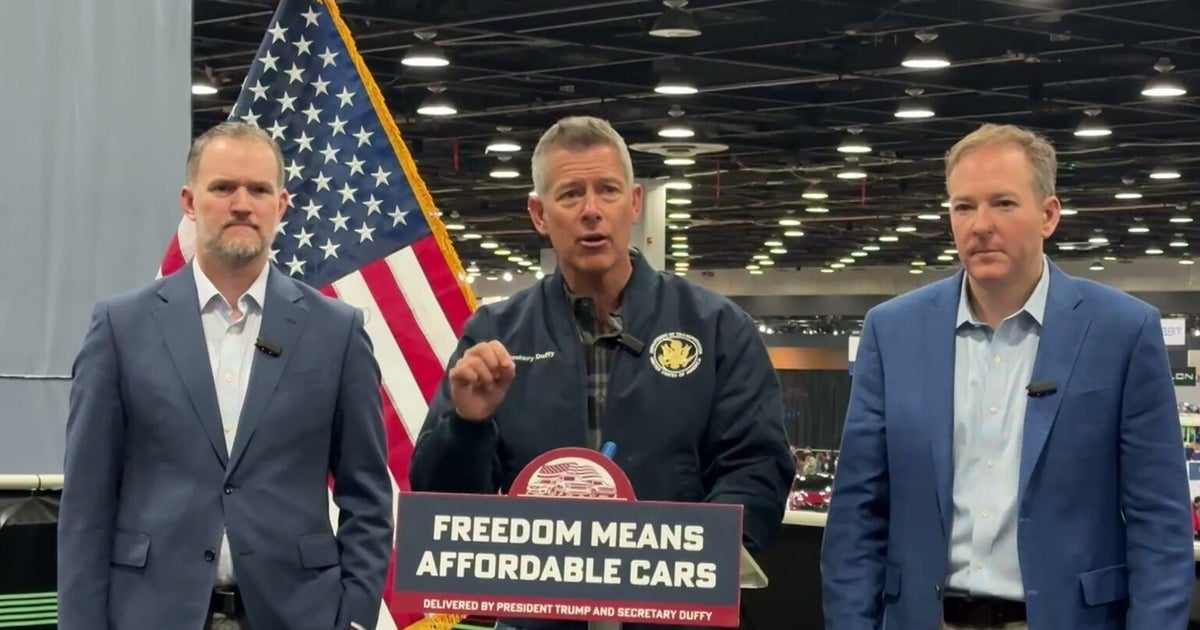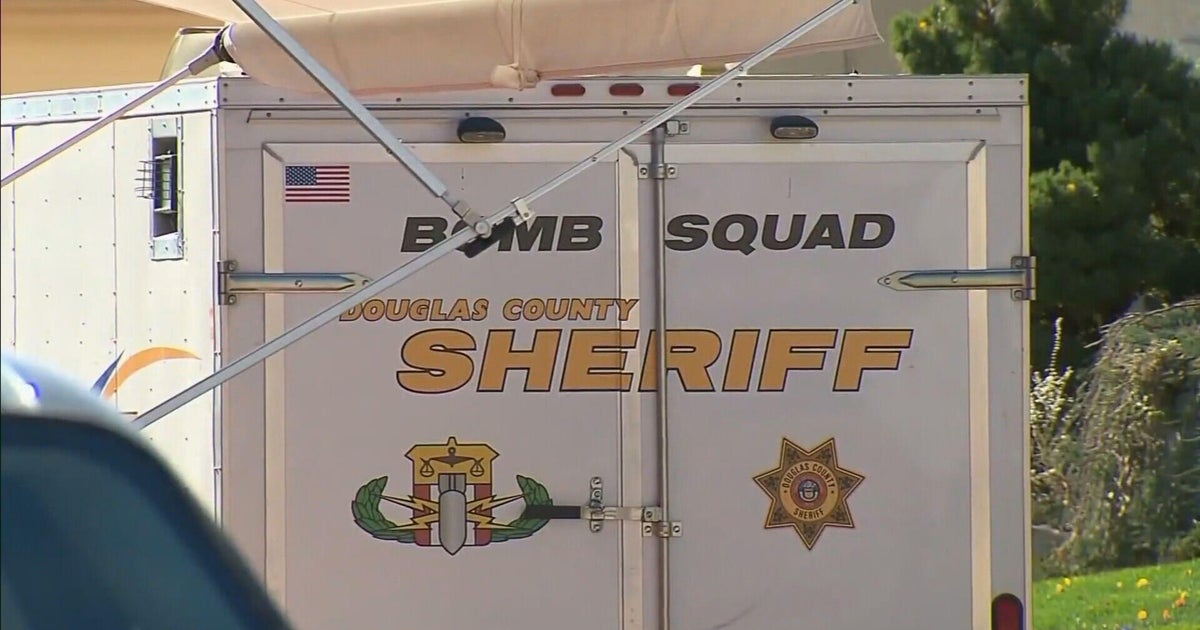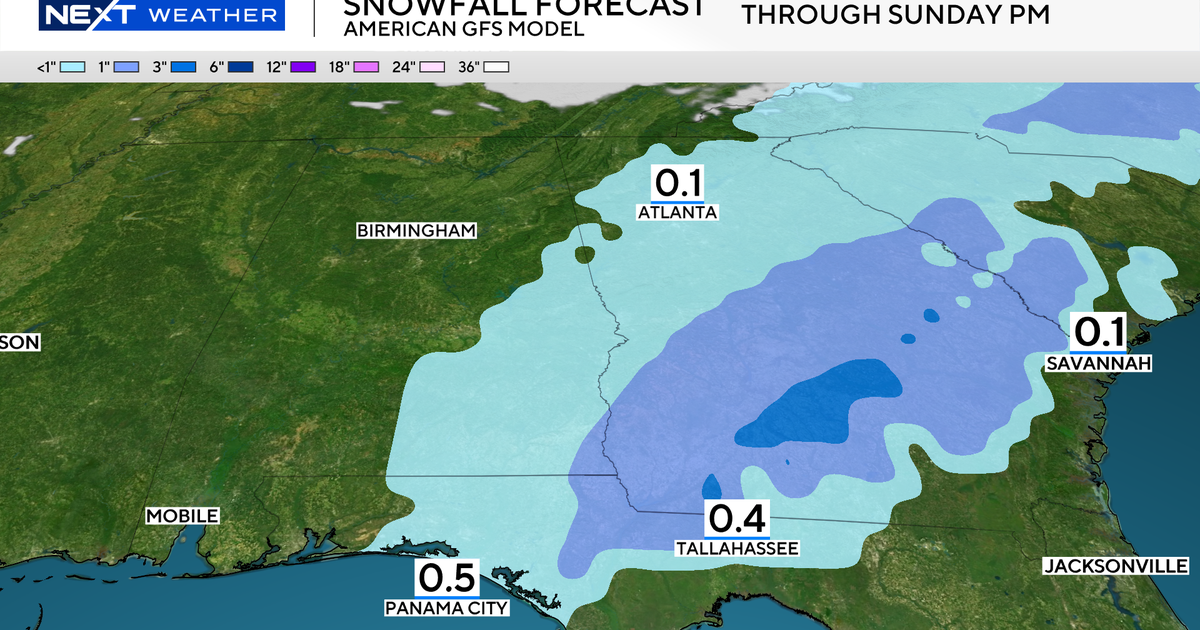New legislation led by Congressman Josh Harder could make extreme heat a federal emergency
SACRAMENTO -- There is a push to make extreme heat a federal emergency. Local Congressman Josh Harder from the 9th Congressional District introduced the Extreme Heat Emergency Act that would utilize FEMA's mobile cooling centers, distribute water and fans, and plus provide medical expenses caused by heat-related illnesses.
"FEMA already does this for tornadoes, for hurricanes, for wildfires, for floods," said Congressman Harder.
Federal help is there when most natural disasters hit, but when it comes to heat, local governments are left to their own devices.
The temperature that would activate this aid would be set by the president.
"Essentially it is a couple of days of over 100-degree temperatures," said Congressman Harder. "The next summer could be even hotter with climate change."
This new bipartisan bill comes as more people are starting to believe in climate change. Climate experts said that people who have personally experienced climate change has doubled from about 24% to about 45%.
"Fires, heat waves, floods, etc. are beginning to hit home," said Director of Yale Program on Climate Change Communication Dr. Anthony Leiserowitz.
It is these extreme conditions that have more people buying into climate change.
"The fact is that we are all vulnerable to one of these or more of these kinds of impacts," said Dr. Leiserowitz.
Dr. Leiserowitz told CBS13 that about 9% of Americans are not convinced climate change is real.
"Usually what's driving that is they are deeply anti-government," said Dr. Leiserowitz. "They don't want taxation, they don't want regulation."
He said it will take the government passing policies to swap burning fossil fuels for clean renewable energy.
"Things like solar and wind, which does not produce carbon pollution," said Dr. Leiserowitz.
Otherwise, things won't change, he said.
Research from 2021 shows 79% of Sacramentans believe global warming is happening, and Dr. Leiserowitz said usually populations of color are more convinced.
"Many of them are more vulnerable to the impacts of climate change, and they know they are more vulnerable," said Dr. Leiserowitz. "Many of these communities get hit first and worst by the impacts."
These impacts include living near refineries, areas prone to flooding, wildfires or the burning of fossil fuels.
"The more we put up there, the worse it gets," said Dr. Leiserowitz. "The less we put up there, the better it will be."
He said it is a global problem that more people need to be aware is happening.
Congressman Harder is hoping his bill to get federal help in extreme heat will be signed into law this year, that way the help can come to communities next summer.
"That type of extreme heat is not just uncomfortable. It is dangerous, even deadly," said Congressman Harder. "It is about making sure we have all the federal resources we need to keep our communities safe in these extreme heat waves."


